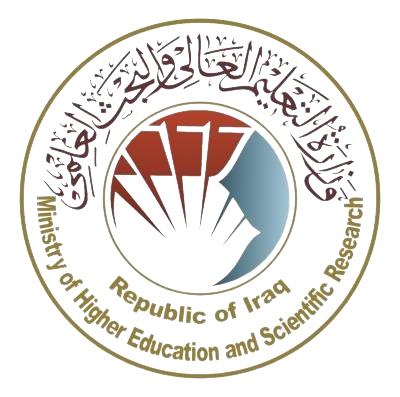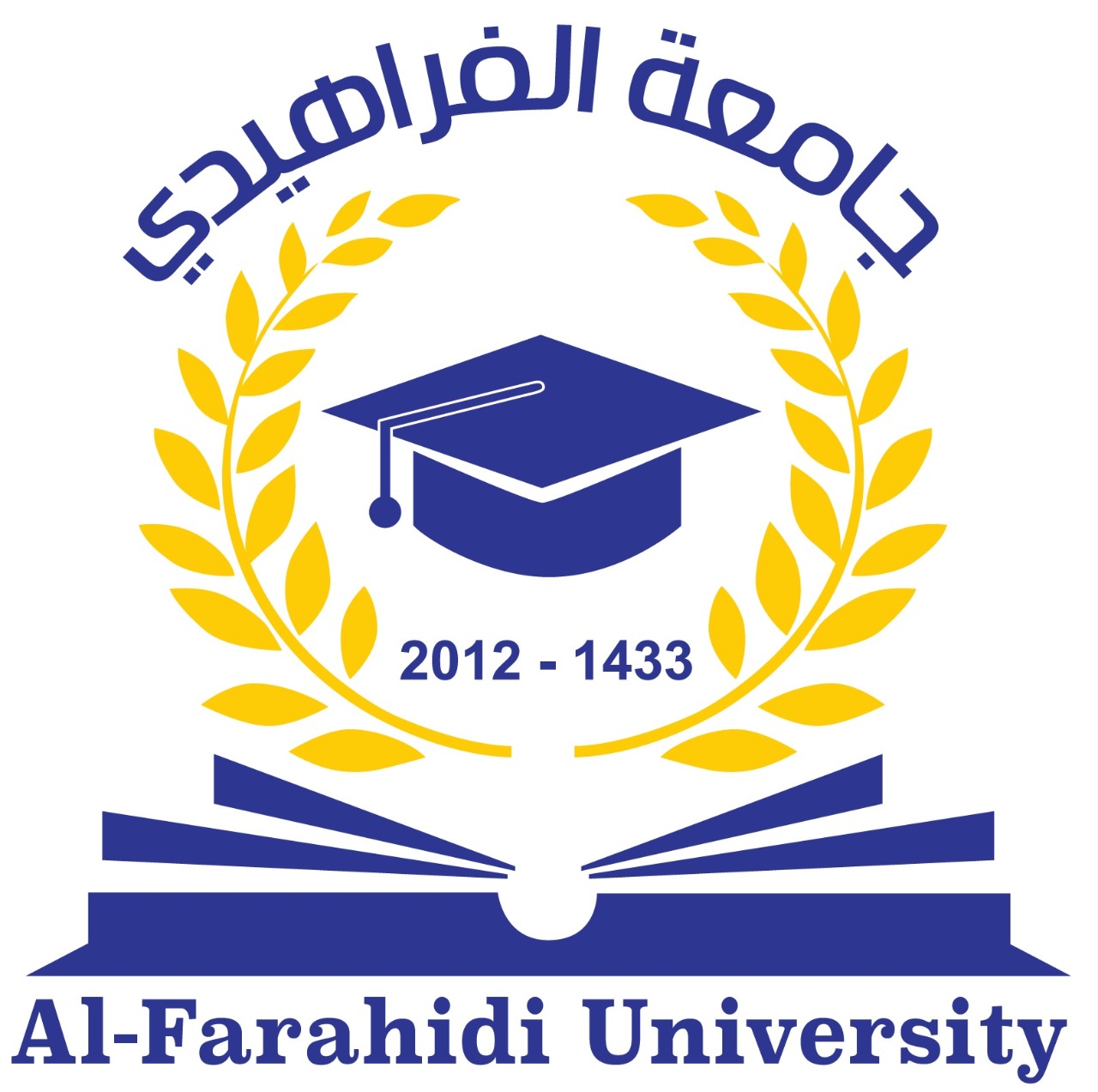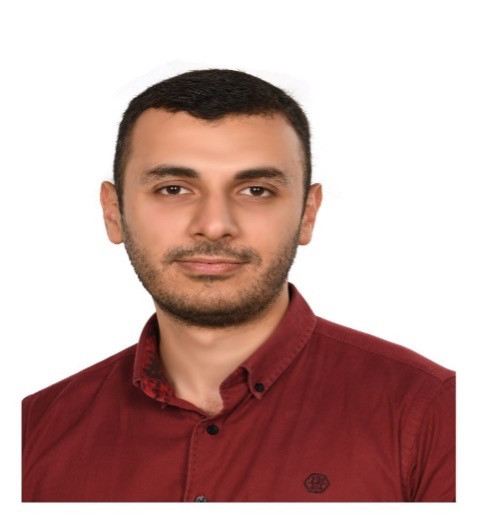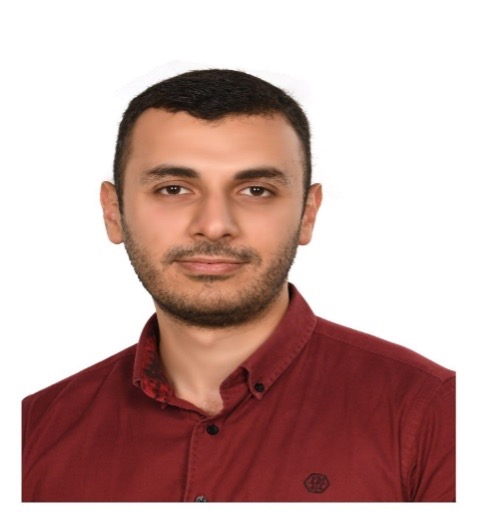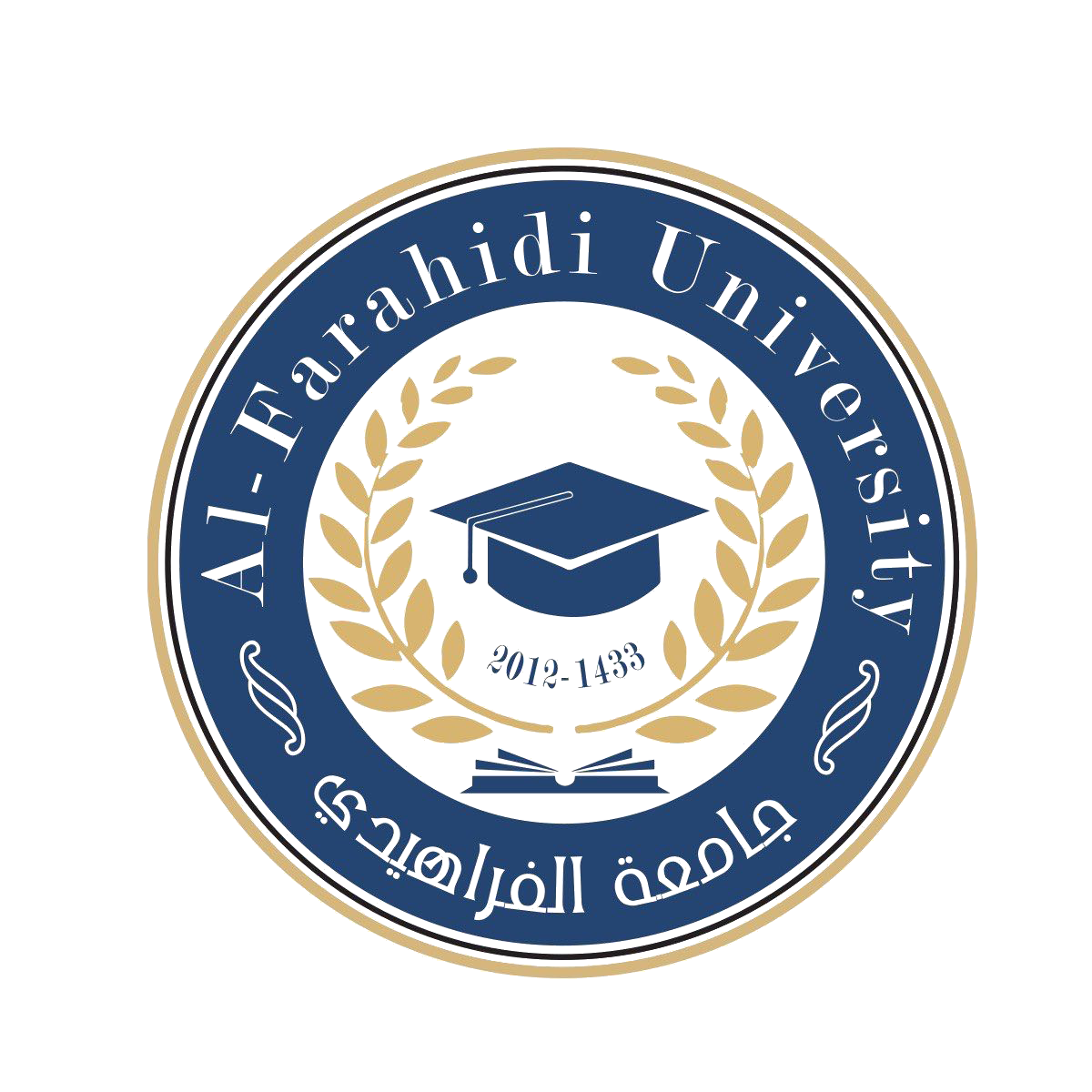- Home
-
About
- About the University
-
University
President
- Biography
- Quality Assurance and Performance Evaluation Dept
- Internal Department Affairs Dept
- Media and Special Relations Dept
- Financial Control and Internal Auditing Dept
- Follow-up Dept.
- Security Clearance Office
- Division of Scientific Promotions Affairs
- Women Empowerment Division
- Government Contracts Division
- Citizens Affairs Division
- Central Postal Division
-
Vice
President for Scientific Affairs
- Biography
- Scientific Affairs Department
- Studies and Planning Department
- Department of Postgraduate Studies
- Registration and Student Affairs Department
- Relations and Media Division
- Rehabilitation, Employment and Follow-up Division
- Division of Psychological Counseling and Educational Guidance
- Division for the Control of Hazardous and Toxic Chemical, Biological, and Toxic Substances
- Vice President for the Administrative Affairs
- University Ranking
- Submission mechanism
- Colleges
- College of Technical Engineering
- College of Administration and Economics
- College of Pharmacy
- College of Dentistry
- College of Law
- College of Science
- Quality Assurance and Performance Evaluation
- Performance Evaluation
-
Questionnaire
- Student Evaluation of Instructor Survey
- Employer Satisfaction Survey
- Student Satisfaction Survey on the Institution
- Instructor's Opinion Survey on the Academic Year
- Survey on Employees' Understanding of the Vision, Mission, and Objectives
- Employee Satisfaction Survey
- Graduates Survey
- Auditors' Satisfaction Survey

